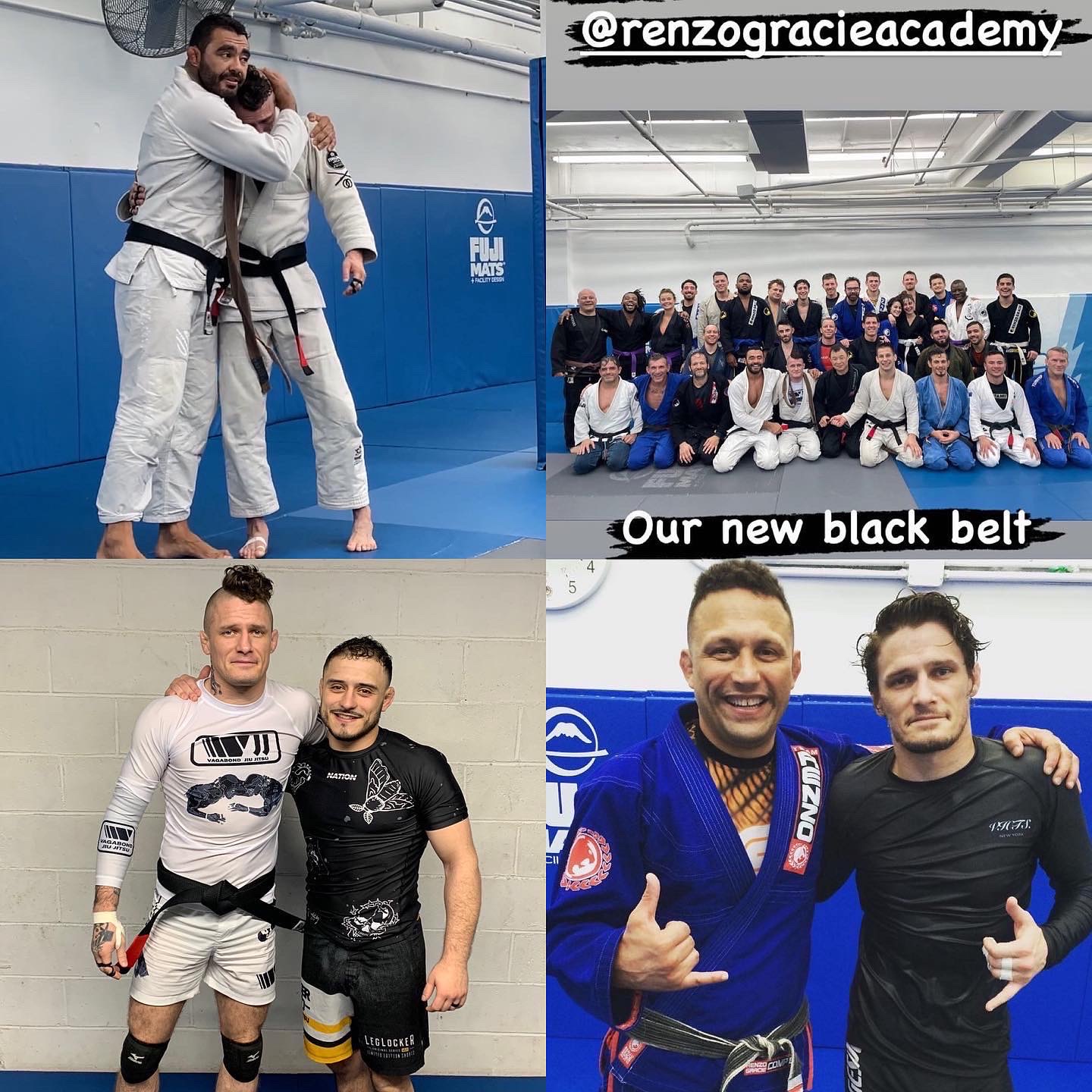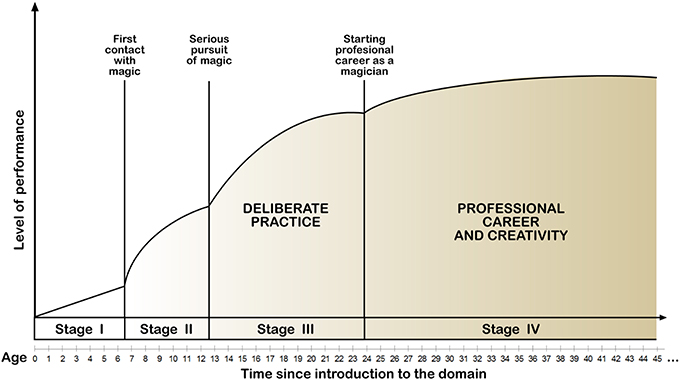I'm big on reading and digesting the current research on skill acquisition.
I'm slowly working my way through virtually all of the articles published with Ericcson's name attached to them. It's a relatively lengthy process but it has proved worthwhile in coming to understand the long-term implications of skill acquisition and nearly 10 years or more necessary for expert level performance.
As a purple belt, and as a competitor, and as someone who works two jobs in addition to training, I'm always looking to maximize my training.
I'm also overhauling my training to be more evidence-based.
That is, doing things because evidence suggests they work/are effective, rather than because that's how it has always been done or simply "because" or because no one's bothered to think of doing it differently than how they were taught.
Progress and growth are almost always uncomfortable for the entrenched, for the advantaged, for those that benefit from the system in place.

The unspoken code of how things "ought" to be played or how things "should be" has always been an area of resistance for me. I never knew quite what it was, but the combination of personality traits of being "open" to outside or unconventional ideas and the trait of being "disagreeable" that is uncaring for the social approval of others is where it likely stems from.
At any rate, information is all well and good but ultimately worthless if not implemented with action.
The takeaways: internal motivation, access to expert feedback, guided/explicit instruction, and persistence/perserverance all prove necessary to achieve expert level performance. Aside from all the hype surrounding 10 years/10,000 hour rule, you're left with some sobering realities about structuring your practice/training time.
Showing up and simply rolling likely results in a heightened sensitivity to achieving the state of "flow" which is relatively speaking less effortful performance "in state".
Lackadaisical drilling ultimatley, evidence suggests produces minimal improvement if at all.
 |
| White Belt to........ |
Practice designed to address strenghts and/or weaknesses which takes into account pre-existing knowledge of the competitor/individual/learner is an essential requirement in maximizing training time.
Beyond that (drilling more and more hours out of the day), the motivation, expert feedback, "repeated exposure to task", varying training methodology to avoid "staleness" or "burn out", addressing of resource and motivation constraints and how you actually divide up your training time (submission, positions, drilling, positional or situational rolling/drilling) and seeking out exposure to feedback beyond training with the same individuals but training elsewhere and also competition as another source of potential feedback all seem to comprise the maximal conventions for accelerating expert performance.



No comments:
Post a Comment